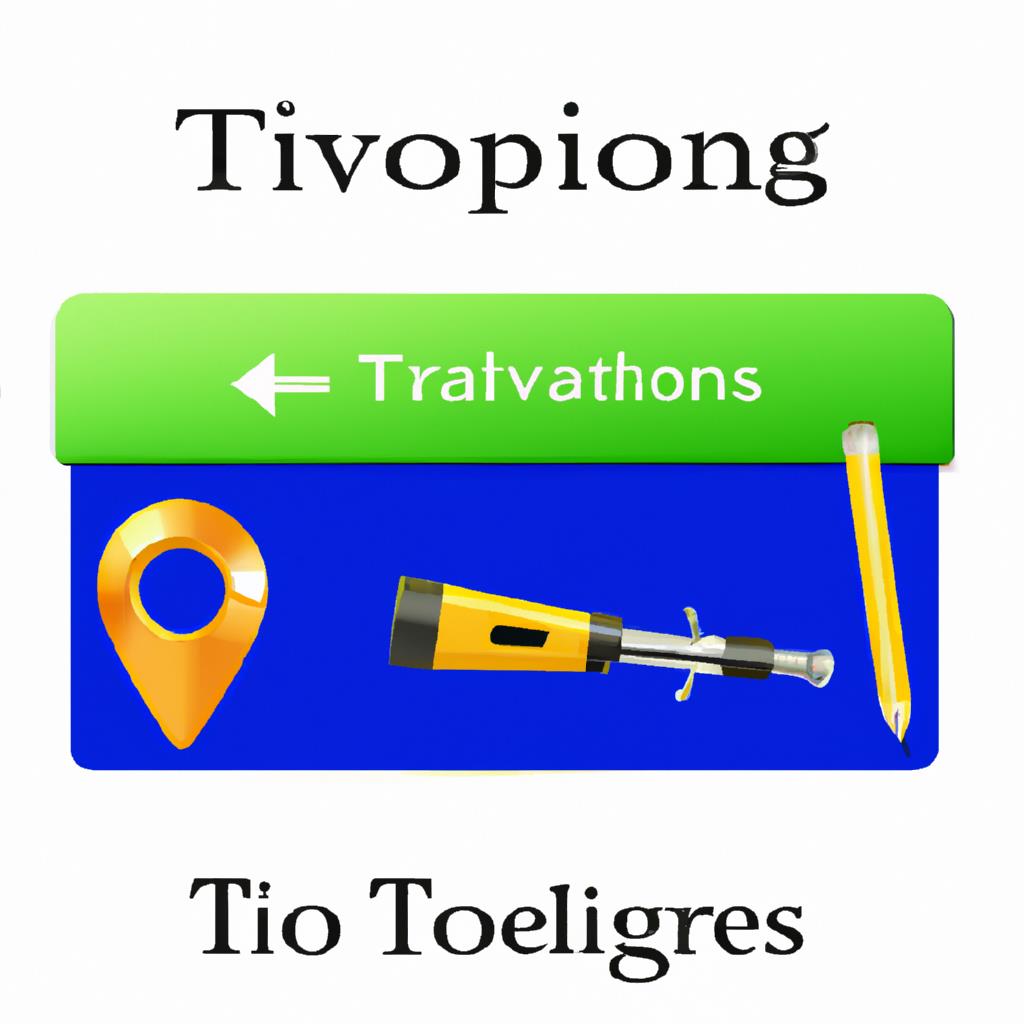Heading out for a camping or tenting adventure can be an exhilarating experience, but navigating through the wilderness can be a bit challenging. That's where navigation tools come in handy. With advancements in technology, there are now a plethora of navigation tools available to help you find your way through the great outdoors. Here are the top 10 navigation tools for camping and tenting:
1. Compass: A compass is a classic navigation tool that every camper should have in their backpack. It works by pointing towards the magnetic north, providing you with a sense of direction. Make sure you know how to read a compass before heading out on your trip.
2. GPS Device: A GPS device is a modern navigation tool that uses satellites to pinpoint your exact location. It can provide you with detailed maps, waypoints, and even track your route. Some GPS devices also come with emergency features such as SOS signaling.
3. Map and Compass: While GPS devices are convenient, it's always a good idea to have a traditional map and compass as a backup. They provide a low-tech, reliable way to navigate through the wilderness without worrying about batteries or signal reception.
4. Smartphone Apps: There are several smartphone apps available that can turn your phone into a powerful navigation tool. Apps like Gaia GPS, AllTrails, and Google Maps can provide you with maps, GPS tracking, and trail information right at your fingertips.
5. Handheld GPS Receivers: Handheld GPS receivers are compact devices that are designed specifically for outdoor activities. They are rugged, water-resistant, and have long battery life. Some models even come with topographic maps pre-loaded.
6. Altimeter: An altimeter measures your altitude above sea level. This can be helpful for estimating your position on a map, especially in mountainous terrain. Some GPS devices come with built-in altimeters, but standalone altimeters are also available.
7. Satellite Communicator: A satellite communicator is a valuable tool for staying connected in remote areas. It allows you to send and receive messages, share your location with others, and call for help in case of an emergency. Devices like Garmin inReach and SPOT Gen3 are popular choices.
8. Night Navigation Tools: When camping or tenting in the wilderness, you may find yourself navigating in the dark. A headlamp, flashlight, or night vision goggles can help you see your way through the darkness and avoid getting lost.
9. Survival Whistle: A survival whistle is a small, lightweight tool that can help you attract attention in an emergency. It can be used to signal for help, communicate with your group, or scare off wildlife. Make sure to keep it easily accessible at all times.
10. Personal Locator Beacon: A personal locator beacon (PLB) is a last resort safety tool that can be activated to send a distress signal to emergency services. It works in areas without cell reception and can help rescuers locate you quickly in case of an emergency.
Before heading out on your camping or tenting trip, make sure to familiarize yourself with these navigation tools and how to use them effectively. Being prepared with the right tools can make all the difference in ensuring a safe and enjoyable outdoor experience. Happy camping!


leave a comment